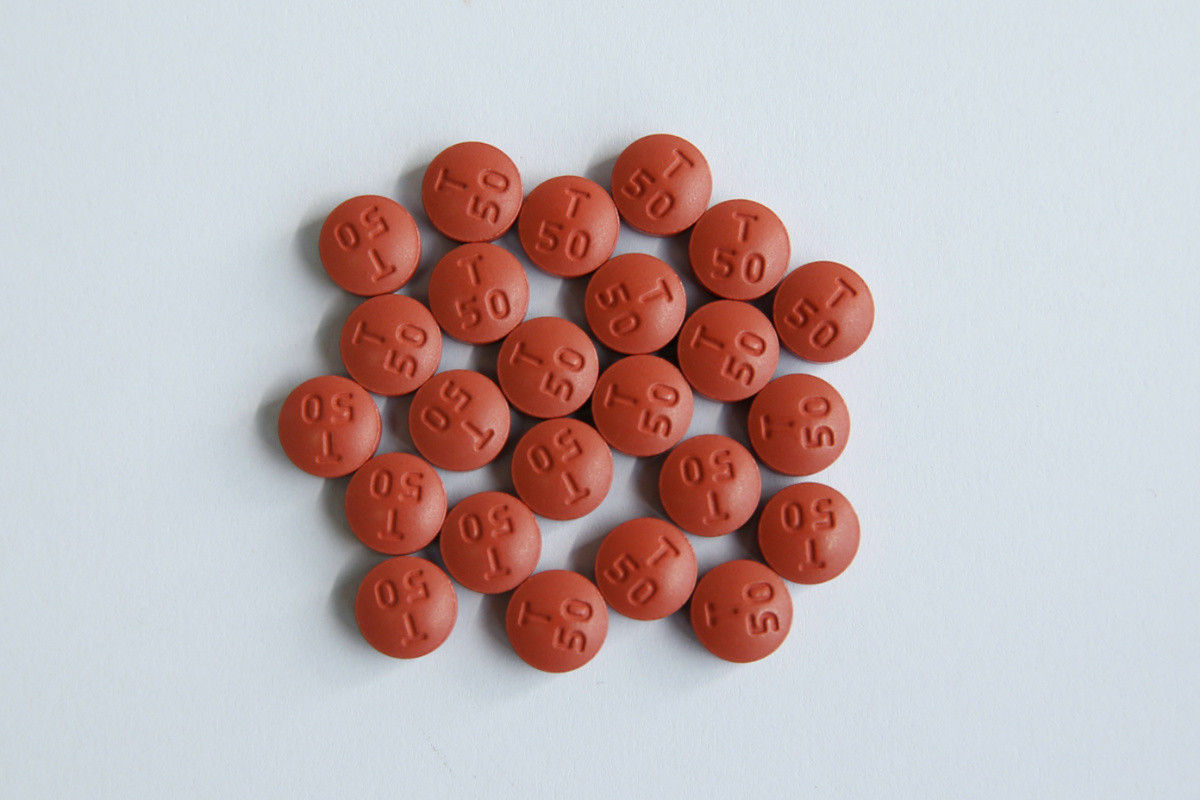The World Health Organization said on Tuesday resistance to GSK’s HIV drug dolutegravir has exceeded levels observed during its trials, citing observational and survey data received from a few countries.
Resistance ranged from 3.9 per cent to 8.6 per cent and reached 19.6 per cent among people who have received and transitioned to a dolutegravir-containing antiretroviral therapy regimen to combat high HIV viral loads.

Dolutegravir pills used in the treatment of HIV are seen at the Kenyan ministry of heath offices in Nairobi, Kenya, on 27th June, 2017. PICTURE: Reuters/Baz Ratner
HIV medicines reduce the amount of the virus in the body to a very low level and helps prevent illness.
“The resistance analysis focuses on subgroups whose virus was not suppressed and the data does not indicate that resistance was prevalent in the overall population”, a GSK spokesperson said on Tuesday.
The global health agency did not disclose the number of countries from where the data was reported, but said only a few countries have reported survey data to WHO, to date.
Only Haiti reported survey data to the WHO for HIV drug resistance among infants who have not received the therapy or infants starting it.
The WHO said there have been cases of resistance to a class of HIV drugs known as integrase-strand transfer inhibitors in patients who took the injectible version of an HIV preventive drug called cabotegravir or CAB-LA.
Cabotegravir, also made by GSK, is sold under the brand name Apretude.
We rely on our readers to fund Sight's work - become a financial supporter today!
For more information, head to our Subscriber's page.
The WHO recommended that countries routinely implement standardized surveillance of resistance to HIV drugs, which could help understand the patterns of resistance among people not achieving a suppressed viral load.
“We agree with the WHO that there is a need for further surveillance,” GSK said.
The agency has been recommending the use of dolutegravir as the preferred first- and second-line HIV treatment for all population groups since 2018.
It has recommended use of long-acting injectable cabotegravir as an additional prevention for those at substantial risk of HIV infection since 2022.






